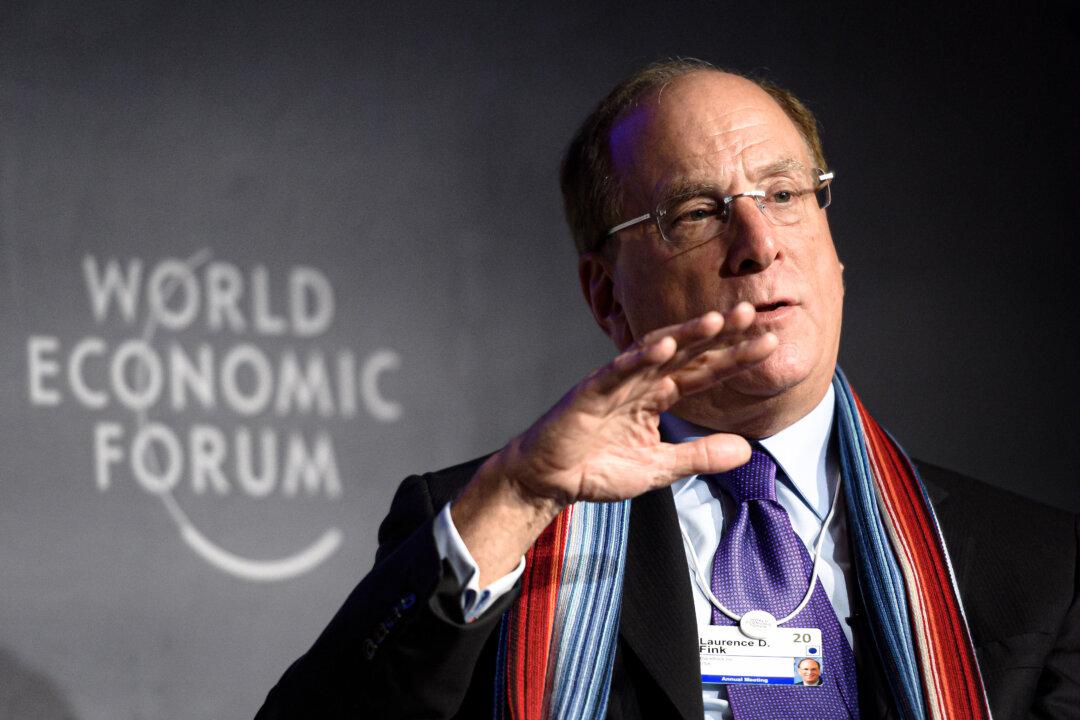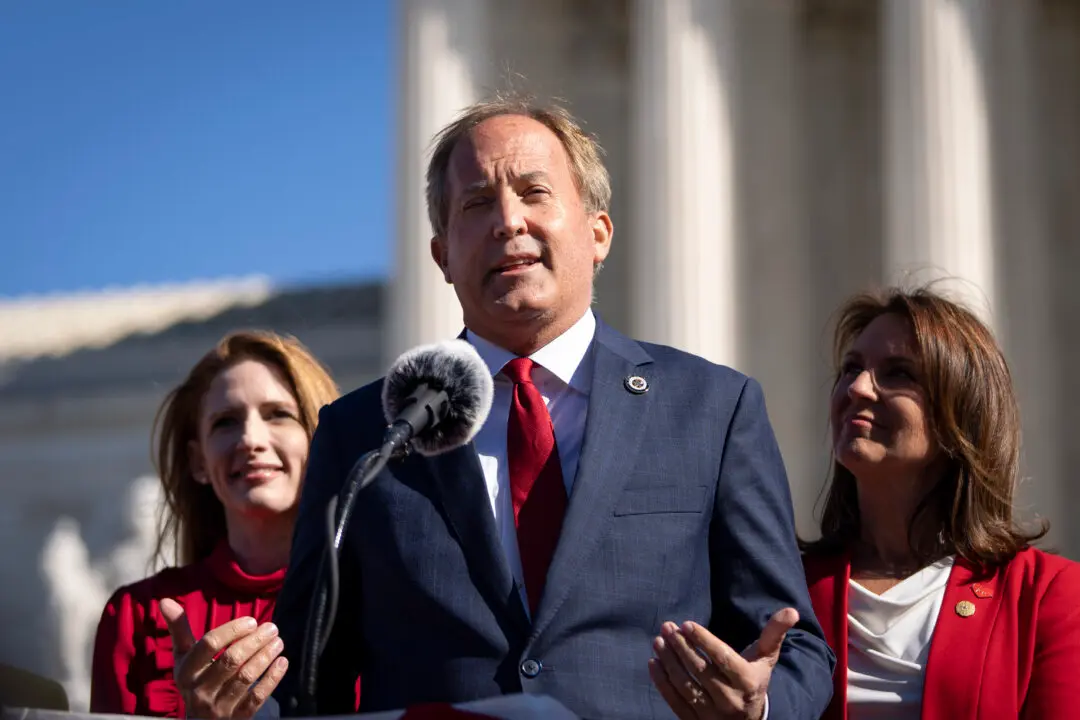Consumer boycotts against “woke” corporations such as Target and Anheuser-Busch are the key to reversing race, gender, and environmental activism in corporate America, according to conservative groups.
That’s because customers ditching companies that are pushing left-wing policies have given conservative groups the traction they need to fight them legally.





